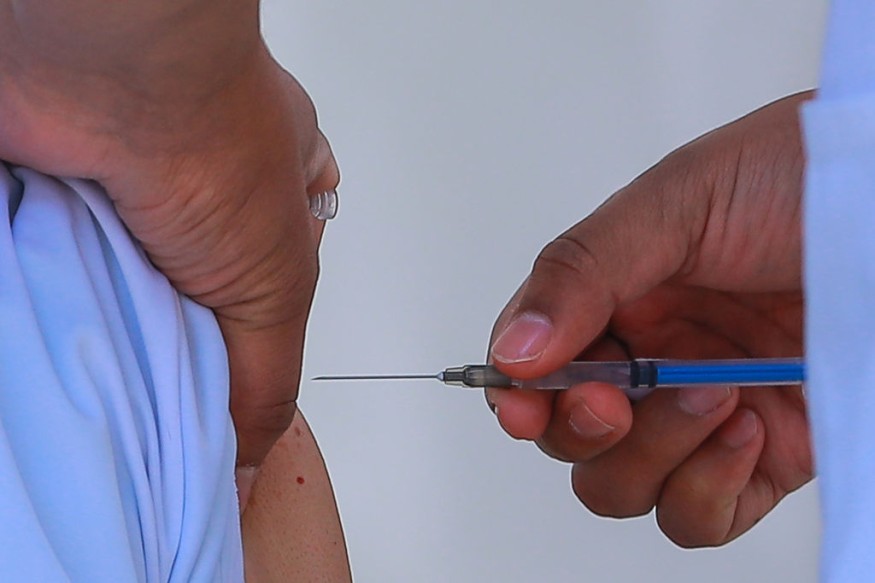WHO Clears AstraZeneca COVID-19 Vaccine for Emergency Use

The World Health Organization (WHO) on Monday granted an emergency authorization to the COVID-19 vaccine made by AstraZeneca and Oxford University, giving additional hope that the end of the global pandemic could be in sight.
In a statement, the WHO said it was clearing the AstraZeneca coronavirus vaccines made by the Serum Institute of India and South Korea's AstraZeneca-SKBio.
The Associated Press reported that the move would allow the United Nations' (U.N.) health agency partners to ship millions of doses to countries as part of a U.N.-backed program to reduce COVID-19 cases.
AstraZeneca was the second vaccine to receive a green-light from the WHO after issuing or authorizing the Pfizer-BioNTech vaccine in December.
Related article : AstraZeneca Vaccine Less Effective Against South African Variant
Implications of AstraZeneca's Approval by WHO
According to a U.S. News report, the recent announcement will stimulate the delivery of millions of doses to nations that have signed up for the U.N.-backed COVAX effort that aims to bring vaccines to places with the most vulnerable people.
WHO's Assistant-Director General for Access to Medicines and Health Products, Dr. Mariângela Simão, noted that countries with no access to vaccines right now will finally be able to start giving shots to their health workers and populations at risk.
According to an ABC News report, the AstraZeneca COVID-19 vaccine has already been authorized in over 50 countries, including Mexico, Argentina, Britain, and India.
The AstraZeneca vaccine is reportedly cheaper and easier to handle than the Pfizer-BioNTech vaccine that needs deep-cold storage. Both AstraZeneca and Pfizer-BioNTech vaccines require two shots per person, given weeks apart.
WHO vaccine experts recommended using the AstraZeneca vaccine for people aged 18 and older, including in countries detected with COVID-19 variants.
However, the African Centers for Disease Control and Prevention recommended that countries, which have been identified with a coronavirus variant first seen in South Africa, should be "cautious" in using the AstraZeneca vaccine.
AstraZeneca and COVAX
U.S. News reported that the AstraZeneca shot forms the bulk of COVAX's recently raised concerns after an early study hinted it might not prevent mild and moderate disease caused by the South African variant.
South Africa scaled down its planned rollout of the AstraZeneca vaccine last week. It opted instead to use an unlicensed Johnson & Johnson vaccine for its health care workers.
According to the Associated Press report, COVAX has already missed its own goal of starting COVID-19 vaccinations in developing countries while doses were rolled out in rich countries.
This prompted many developing countries to rush to sign their own private deals in recent weeks to buy vaccines, setting aside the COVAX global vaccine programme.
WHO chief scientist Dr. Soumya Swaminathan earlier said rich countries that have signed up to receive vaccines from COVAX would not have their requests denied.
But Anna Marriott, health policy lead for Oxfam International, said rich countries with their own supplies should not take vaccines from nations, which are really in dire situations.
The COVID-19 has already infected more than 109 million people worldwide and killed at least 2.4 million of them. However, a lot of developing countries have not yet started any vaccination programs, and some rich nations face shortages of doses as manufacturers struggle to raise production.
WATCH: AstraZeneca-Oxford Shot Backed by WHO for All Adults from Bloomberg Markets and Finance
Subscribe to Latin Post!
Sign up for our free newsletter for the Latest coverage!

















